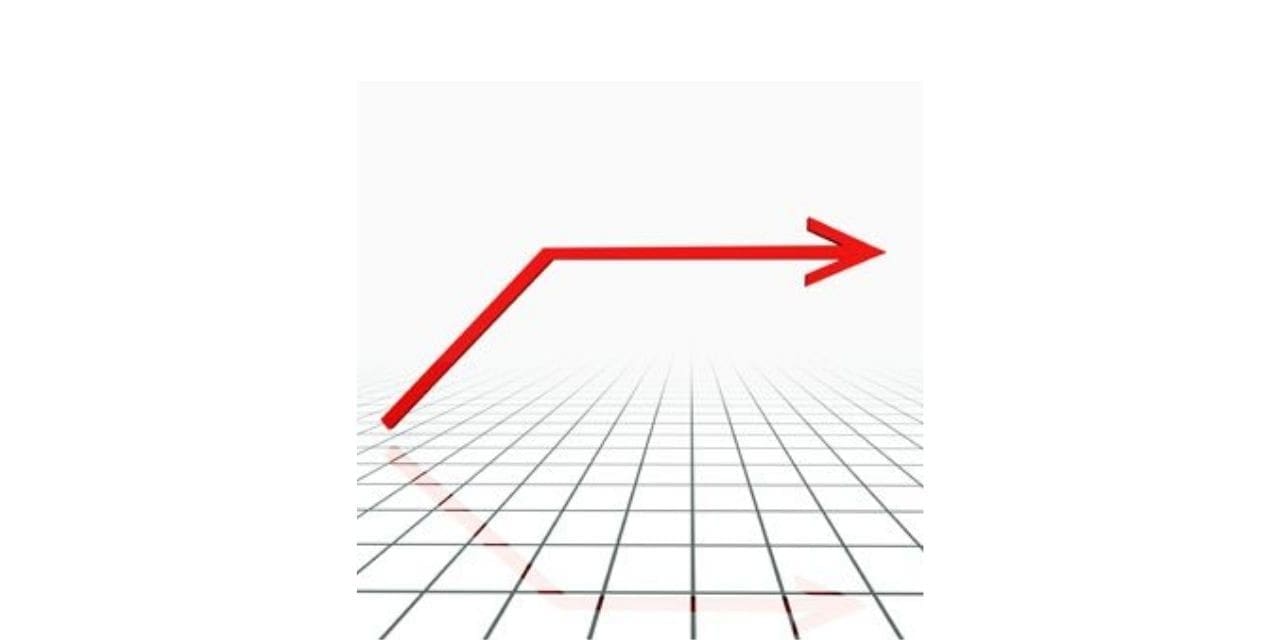Pakistan’s textile exports increased by 23 percent to $15.4 billion in FY21 from around $12.53 billion in FY20.
Abdul Razzak Dawood, Adviser to the Prime Minister on Commerce and Investment, believes that textile exports will exceed $20 billion in the current fiscal year. Textile exporters believe they can meet this target as well.
Even if Pakistan were to earn $20 billion from textile exports, it would be a net gain. Net textile export earnings are unlikely to exceed $15 billion because textile imports are expected to exceed $5 billion during the current fiscal year.
Pakistan’s cotton crop shortfall has necessitated imports of raw cotton and enhanced activity in the domestic textile industry means need for larger imports. In FY21, textile imports consumed about $3.9 billion; Pakistan’s net textile export earnings in the last fiscal year were just $11.5 billion. The government must now learn to keep a watch on net export earnings because that gives a fairer idea of net forex availability. The irony is that these subsidies are not well directed towards all textile exporters equally, and there is no system in place to quantify additional export earnings due to subsidies.
Pakistan will need to import at least 6.5 million bales of cotton or the equivalent weight of it in order to meet domestic and export demand for textile products. The country’s cotton output has remained on the wane, according to historical data compiled by the US Department of Agriculture. Commerce Adviser Abdul Razak Dawood has promised to design and introduce a mechanism to quantify additional export earnings due to subsidies. Textile exports from $15.4 billion in the last fiscal year to $20 billion this year – and to newer heights in future – is possible only if textile exporters also take a critical look at their export models and business practices. Of 400-plus textile mills, most of whom are also engaged in exports, only 100 or so set and pursue their own yearly export targets. Aptma must endeavour as a business lobby to help weaker textile mills develop new export and business models.

